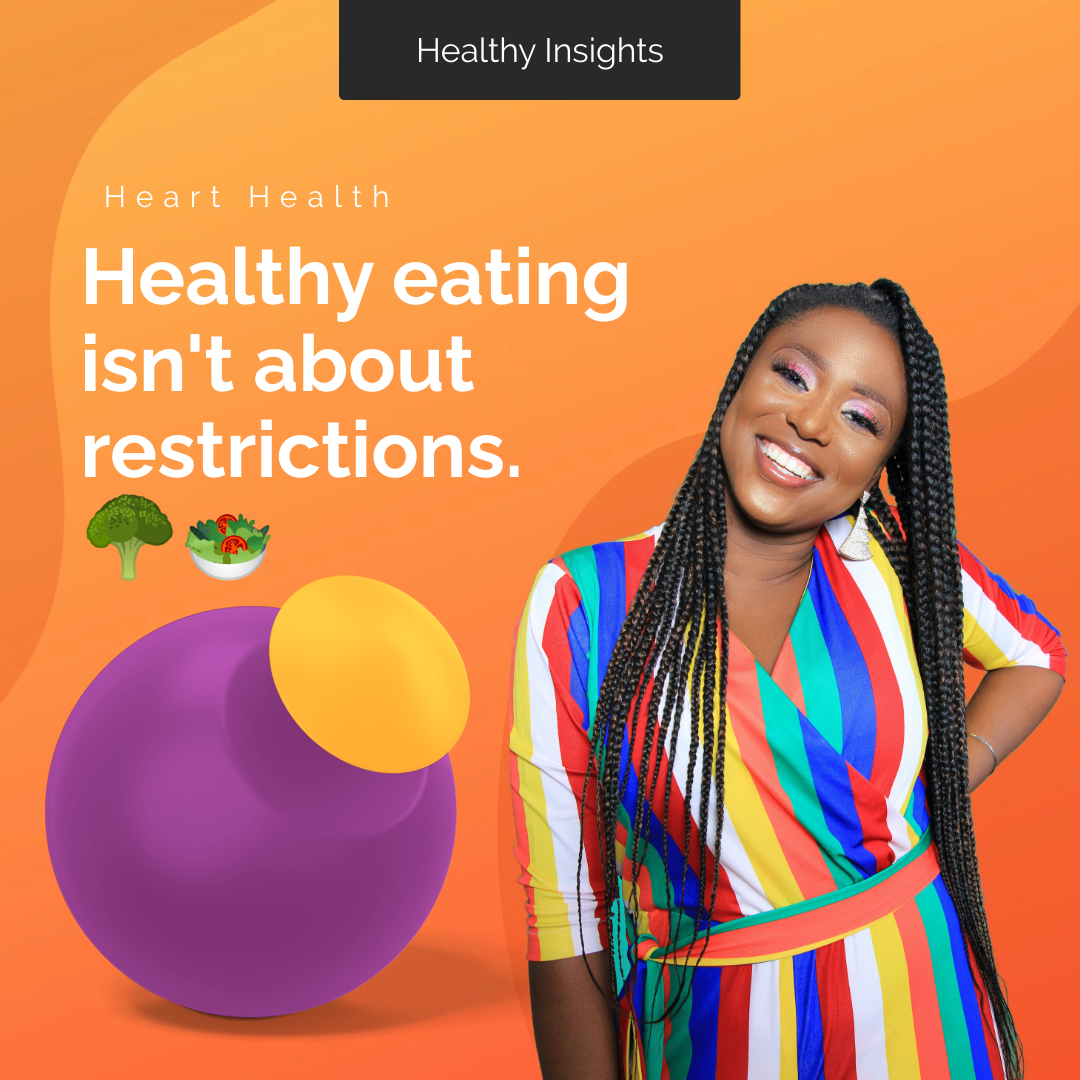Air Pollution can give you heart attacks and other health news of the day.
Description
All right, let's begin our walk around the body. We're going to start with heart health. So a study was just published in the journal Circulation, and this study looked at over 1 million cases of people who had acute coronary syndrome aces. And this is what you need to know. Exposure to air pollution can weaken your cardiovascular system and even trigger heart attacks.
00;00;21;06 - 00;00;43;00
Speaker 1
So that's what the study found, that pollutants in the air can actually trigger heart attacks in you. The study found that air pollutants like carbon monoxide, and nitrogen dioxide. And by the way, this is stuff that's very common cigarettes. This stuff can lead to an immediate worsening of your heart's health. I spoke to Dr. Puja publisher of the newsletter Health Stuff to Know, and this is what she had to say.
00;00;43;11 - 00;00;55;02
Speaker 2
Hey, everybody, look, the bottom line here is that we need to start understanding that pollution is having a direct impact on our bodies. This is no longer just a theoretical discussion, you guys. We have the proof.
00;00;56;03 - 00;01;11;20
Speaker 1
And finally, guys, for some of you, you may actually have a bad heart or bad lung help. And there's nothing wrong with this. So our doctors recommend that you consider wearing masks on days where you have heavy pollution in the atmosphere. This is going to help reduce the harm to your lungs.
All right. This is a fun one. This falls under mental health and this is what you need to know. Research is showing that we're spending a lot of time on our screens. I think we all know this, but new data is now showing that it's not about the time we spend online. It's actually about the time where we spend online.
00;01;35;17 - 00;01;57;02
Speaker 1
So they're hinting social media is bad for you. Time magazine said it best. And here's the quote. Experts can't agree on how much screen time is too much for adults. And the content you're consuming actually matters more than the overall time you spend on your phone. So this is basically the conversation about are we spending too much online?
00;01;57;02 - 00;02;24;25
Speaker 1
And the new study now seems to be indicating it's not about the time we're spending online, it's how we're spending that time. Many people are surprised to learn that spending too much time on social media can lead to depression, anxiety and even obesity. Yeah, because you're not getting enough sleep, you're overeating. And this, of course, leads to weight gain So I reached out to Dr. Puja and I said, "Listen, Dr. Puja, I'm spending too much time and punishing my eyes and my mind."
00;02;25;02 - 00;02;25;29
Speaker 1
"What should I be doing?"
00;02;26;03 - 00;02;42;03
Speaker 2
Yeah, if you struggle with anxiety, or depression, start tracking the amount of time you're spending on social media. And if it's too much, please reduce it. Limit your time in social media to about 60 minutes a day. And if you're spending more time, don't be shy. Just tell me about it.
OK, moving from mental health. Let's move on to GI Health. Here's what you need to know. There's a lot of research that's now started to show that fecal transplants may actually reduce the effects of aging and improve overall brain health. So, yeah, look, scientists are learning and they're learning very quickly that a healthy gut helps with the body's immune function and helps with a healthy metabolism.
00;03;11;28 - 00;03;38;07
Speaker 1
So the idea here is that by getting fresh fecal transplants from young, healthy people, we may be able to replenish our damaged gut. And this will help us as we get older So we spoke to a doctor and as a f.y.i. This is what they had to say. We're not quite at the level where people can go and get cosmetic fecal transplants before this starts happening and before this becomes a thing on tick tock, more science needs to be done.
00;03;38;16 - 00;03;52;22
Speaker 1
Oh, and also, please consider getting a colonoscopy. You need to make sure that you catch any signs of colon cancer and catch them early. And you need to know here that cancer screenings are covered by your insurance. So that's always nice.
00;03;59;18 - 00;04;33;16
Speaker 1
All right. This ship keeps moving. We're off to mental health, moving away from GI Health. Here's what you need to know. What you've been feeling has now been proven with science. New research is suggesting that federal loan forgiveness could actually improve overall levels of help in America and lower the overall cardiovascular risk. So this fascinating a new study published in the American Journal of Preventative Medicine shows that people who have failed to pay down their student debt or people who've taken on new debt, these people actually had a much higher risk of getting heart disease.
00;04;33;19 - 00;04;57;10
Speaker 1
It's scary, but science is now starting to show that anxiety and financial pressures that come from having outstanding debt can be mentally crippling and life long lasting. And what's scary to me is that we now have science that's showing that this is also starting to affect our physical health. So if you are indebted, if you're in a lot of debt, please consider talking to a debt counselor.
00;04;57;15 - 00;05;05;02
Speaker 1
Please consider talking to your doctor about depression and anxiety. This is not something you need to be facing by yourself alone.
And for our final segment of the day, we're going to talk about some kidney help. Here's what you need to know. If you or anybody you know is taking medicines for hypertension, heart disease and diabetes, please understand this research is showing that some of these people could be at risk of harming their kidneys if they're taking excessive doses of ibuprofen.
00;05;33;22 - 00;06;09;06
Speaker 1
So it's simple enough if you or anyone you know is taking diuretics and renin angiotensin system inhibitors such as Lasix and lisinopril. Caution ahead. You need to let your doctor know that you're taking ibuprofen on the regular. And frankly, this is one of the reasons why this story is so important, because it shows you the importance of letting your doctor or your health care team know about all the Ötzi medicines that you're taking, the over-the-counter medications, because you can get a lot of cross reactivity or you could get a lot of different type of side effects.
00;06;09;15 - 00;06;11;09
Speaker 1
So this is what Dr. Puja had to say.
00;06;11;15 - 00;06;30;21
Speaker 2
The bottom line here is this too much ibuprofen could actually be causing you harm through medicine side effects. So it's important that you let your doctor know how much ibuprofen you're actually taking. So to make life easier for everybody, I'm going to add a simple document below that you can fill out and take in to your doctor.
00;06;36;19 - 00;06;57;14
Speaker 1
Or a gang. That was our little walk around the human body for today. I want you to come back tomorrow and I ask you, please share these files. Please share this podcast with your friends and loved ones. Everything you listen to does not have to apply to you directly. You may know someone struggling with these issues, and it may help them to get some clarity directly from doctors.
00;06;57;21 - 00;07;02;16
Speaker 1
So that's what we do from health stuff to know. I hope to see you tomorrow. Pip Pip. Cheerio.
00;07;02;18 - 00;07;03;08
Speaker 2
Bye bye.










